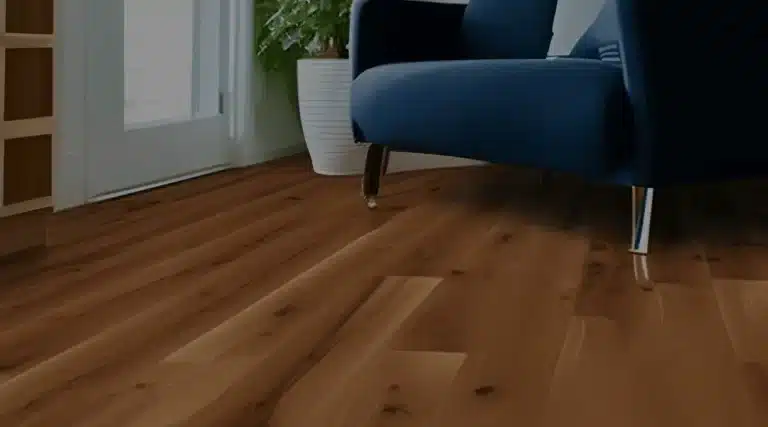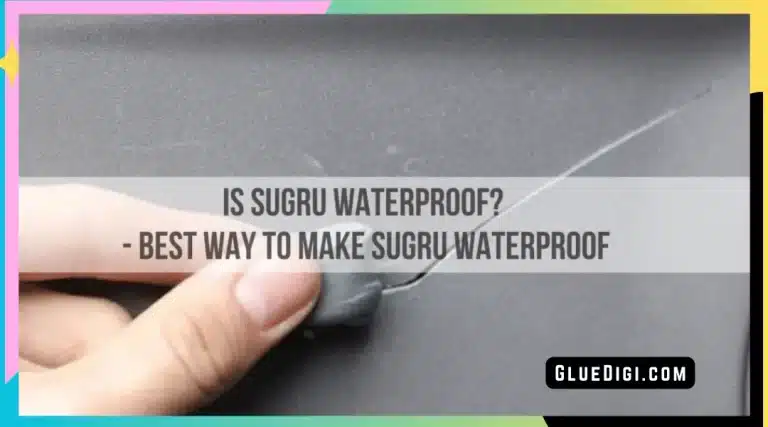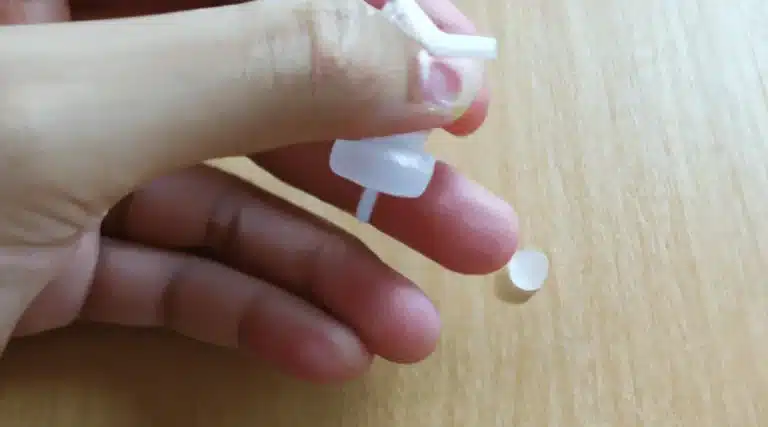Are you looking for a quick fix for your broken dentures? You may have heard about using Gorilla Glue as a solution. While it may seem like a simple and cost-effective solution, it’s important to understand the risks and potential consequences of using glue on your dentures.
In this article, you will learn about the risks involved with using Gorilla Glue on dentures and alternative solutions for minor denture repairs. We will also provide you with step-by-step instructions for using Gorilla Glue on your dentures, along with tips for safe and effective application.
By the end of this article, you will have a better understanding of whether Gorilla Glue is a viable option for your denture repair needs, and when it’s best to seek professional help.
Understanding the Risks of Using Gorilla Glue on Dentures
Before attempting to fix your dentures with any adhesive, it’s crucial to understand the potential dangers involved. While Gorilla Glue is known for its strong bonding capabilities, it’s not meant for use on teeth or dentures.
Using it on your dentures can lead to a host of problems, including gum irritation, tissue damage, and even toxic reactions. The chemicals in the glue can seep into your bloodstream and cause serious health issues.
Additionally, DIY denture fixes can result in further damage or misalignment of your dentures, which can be costly to repair. It’s important to consult with a dental professional before attempting any repairs on your dentures.
Understanding the dangers of Gorilla Glue on teeth and the potential consequences of DIY denture fixes can save you from costly mistakes. Identifying the type of denture damage can help you determine the best course of action for repairing them.
Identifying the Type of Denture Damage
You can identify the type of damage to your dentures by examining them closely and looking for any cracks, chips, or missing pieces. These types of damage require different repair options, so it’s important to determine the extent of the damage before attempting any fixes.
For cracks, you may need to use a denture repair kit or visit a dentist for professional repairs. For chips or missing pieces, you may need to replace the damaged section entirely. It’s important to note that while Gorilla Glue may seem like a quick fix, it’s not recommended for denture repairs as it can cause further damage or even breakage.
In the next section, we’ll explore alternative solutions for minor denture repairs.
Alternative Solutions for Minor Denture Repairs
Looking for a quick and easy solution to fix minor damage on your dentures? Keep reading for some surprising options that’ll leave you feeling relieved and confident.
First on the list is a toothpaste solution. Simply apply a small amount of toothpaste to the damaged area, rub it in gently, and rinse with warm water.
Another option is to use super glue or nail polish to fill in cracks or chips. These DIY fixes are affordable, easy, and can be done in the comfort of your own home. While these solutions may not be as long-lasting as professional repairs, they can help in a pinch.
Now, if you’re looking for a stronger and more permanent solution, keep reading for steps on using gorilla glue on dentures.
Steps for Using Gorilla Glue on Dentures
Now it’s time to get your dentures looking good as new with this simple step-by-step guide that will have you feeling confident in no time.
First, clean your dentures thoroughly with soap and water, ensuring that there is no debris or residue left behind.
Next, apply a small amount of denture adhesive to the area that needs repair.
Then, take a small amount of Gorilla Glue or alternative materials and apply it to the same area. Be sure to use only a small amount, as too much can cause the glue to seep out and potentially harm your mouth.
Once the glue is applied, hold the denture in place for a few minutes until the glue dries.
Finally, rinse the denture with warm water to remove any excess glue or adhesive.
With these simple steps, you can repair your dentures quickly and easily. For tips on safe and effective application, continue reading.
Tips for Safe and Effective Application
Get ready to become a pro at fixing your dentures with these foolproof tips that will make your denture repair process a total breeze. Proper preparation is key to a successful application of Gorilla Glue on your dentures.
Clean the area thoroughly and ensure that there’s no residue left from previous adhesive. Additionally, make sure that the denture is completely dry before applying the glue. This will ensure that the glue will adhere properly and last longer.
Once you’ve applied the glue, give it ample drying time. Gorilla Glue typically takes about 24 hours to fully dry and cure. Avoid using your dentures during this time to ensure the glue sets properly.
With these tips, you can safely and effectively use Gorilla Glue for your denture repairs. However, it’s important to be aware of potential risks and side effects, which we’ll discuss in the subsequent section.
Potential Risks and Side Effects
Before you proceed with denture repair, it’s important to understand the potential risks and side effects that come with using certain adhesives.
Using Gorilla Glue on dentures may seem like a quick fix, but it’s important to note that it wasn’t specifically designed for dental use. Gorilla Glue is a strong adhesive that can bond almost anything together, but it can also cause irritation and even chemical burns when exposed to skin or oral tissue.
Furthermore, Gorilla Glue can be difficult to remove from dentures, potentially causing damage to the denture material. In comparison, denture adhesive is specifically formulated for use in the mouth and is designed to be gentle on oral tissue.
It may not be as strong as Gorilla Glue, but it’s more effective for denture repair and doesn’t carry the same risks. If you experience any discomfort or adverse reactions after using Gorilla Glue or any other adhesive on your dentures, it’s important to seek professional help from your dentist or prosthodontist.
When to Seek Professional Help
If your dentures are causing discomfort or not fitting properly, it may be time to consult with a dental professional for assistance. It’s important to watch for signs like sore gums, difficulty speaking or eating, and a loose fit.
While it may be tempting to try to fix the problem yourself with quick fixes like gorilla glue, using the wrong materials can actually make the problem worse and cause further damage to your dentures.
Regular dental checkups can also help catch any issues early on and prevent the need for costly repairs or replacements in the future. Don’t let a fear of dental visits hold you back from seeking the help you need to maintain your oral health and freedom to enjoy life to the fullest.
Conclusion
So, is gorilla glue effective for denture repairs? While it’s a tempting solution for those looking for a quick fix, the risks and potential side effects outweigh the benefits.
Not only can it cause damage to the dentures themselves, but it can also harm your mouth and overall health. Instead, it’s important to identify the type of denture damage and seek alternative solutions for minor repairs, such as using denture adhesives or seeking professional help.
If you do choose to use gorilla glue, make sure to follow the proper steps for safe and effective application and be aware of the potential risks and side effects.
To illustrate the importance of seeking professional help, imagine trying to fix a leaky pipe in your home. While you may be able to temporarily patch it up with duct tape or other quick fixes, eventually the problem will only worsen and require a more permanent solution.
The same goes for denture repairs – while it may seem like a simple fix at first, seeking professional help can ultimately save you time, money, and potential health risks in the long run.



